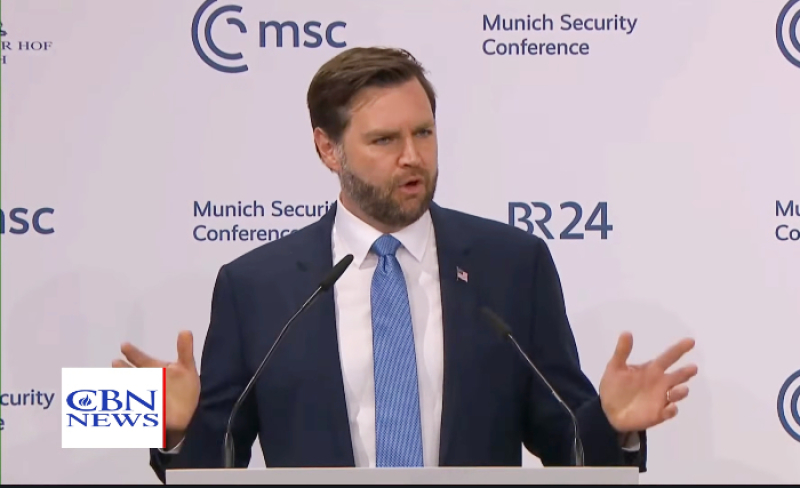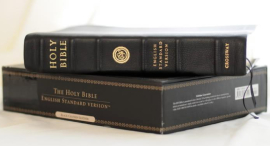
U.S. Vice President J.D. Vance criticized European governments for their suppression of free speech and discrimination against Christians. He urged leaders across Europe to halt the ongoing crackdown on conservative voices and religious freedoms.
In his address at the Munich Security Conference on Friday in Germany, Vance pointed out that conservatives have faced investigations, arrests, prosecutions, or fines for protesting against abortion and expressing their views on social media. He also criticized efforts to exclude populist parties from political collaboration, arguing that such actions pose a threat to democracy.
Last month, the European Union introduced new measures to enforce the Digital Services Act, which limits American speech on social media platforms.
While EU lawmakers claimed the initiative targeted “foreign interference” and “illegal content,” it raised concerns among U.S. free speech advocates. The Act requires social media companies to remove “illegal content” or face penalties of up to 6% of their global annual turnover.
Paul Coleman, executive director of the legal advocacy group ADF International, warned at the time of a “new bipolar order of speech.” He remarked, “On the one hand, Europe is doubling down on censorship, while the U.S. is recommitting to its free speech heritage.”
Vance declared in Munich, “I can tell you plainly: There can be no security if you are afraid of the voices, the opinions, and the conscience that guide your own people.” He expressed concern over the internal threat and Europe’s retreat from fundamental values, asserting that censorship and disregard for voter sentiment pose larger dangers than external adversaries.
Vance referred to a suspected terrorist attack in Munich, where an Afghan immigrant drove into a crowd and injured more than two dozen people. “No voter in Europe went to the ballot box to open the floodgates to millions of economic migrants,” he stated, acknowledging growing tensions over immigration policies.
Vance urged German politicians to abandon the so-called firewall, an agreement among established parties not to cooperate with the AfD, emphasizing the importance of respecting voter preferences. He cited examples of anti-Christian discrimination, noting incidents in the United Kingdom and Sweden where individuals were penalized for expressing religiously motivated views.
He also reinforced uncertainty about future American support, suggesting governments scaling back on religious freedom and free speech should not expect automatic backing on security matters.
German President Frank-Walter Steinmeier disagreed with Vance’s stance, stating, “It is clear that the new American administration holds a worldview that is very different from our own,” as reported by The Wall Street Journal. He cautioned Europeans against losing sight of threats from Russia and China, noting that friction with Washington could weaken longstanding partnerships.
Boris Pistorius, Germany’s defense minister, also objected strongly to Vance’s remarks, defending Europe’s approach to democracy, according to the WSJ. In contrast, Alice Weidel, co-leader of the Alternative for Germany (AfD) party, praised Vance’s address as an “excellent speech!” on X.

















